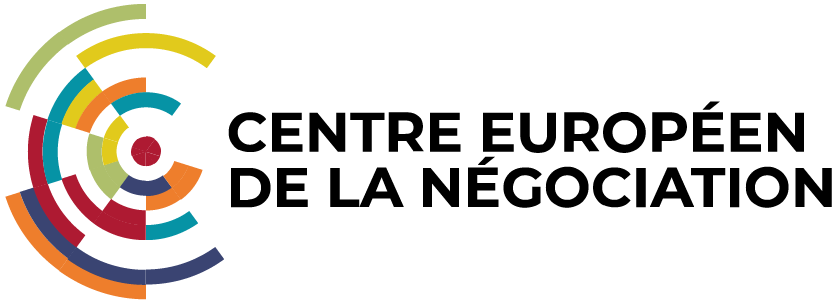The purpose of these General Terms and Conditions of Use (the “GTCU”) is to provide a legal framework for the provision of the site and its services and to define the conditions of access to and use of the services by the user.
Article 1: Legal information
The https://cenego.com/ website is published by SAS CENTRE EUROPEEN DE LA NEGOCIATION, a company with share capital of 50,000 euros, registered in the PARIS Trade and Companies Register under number 349 175 588, with its registered office at 10 Rue de Penthièvre – 75008 Paris – France.
Telephone number: +33 1 53 53 05 05
E-mail address: info@cenego.com
The Publication Director is: Vincent REILLE
Intracommunity VAT number: FR11349175588
The host of the https://cenego.com/ website is OVH, whose head office is located at :
2 rue Kellermann – 59100 Roubaix – France
Article 2: Access to the site
The https://cenego.com/ website gives users free access to the following services:
– access to descriptions of CENEGO services,
– download the training catalogue,
– take the test to assess the negotiator’s profile,
– communication about the firm’s events,
– CENEGO presentation.
The site is accessible from any location to any user with Internet access. All costs incurred by the user in accessing the service (hardware, software, Internet connection, etc.) are at the user’s expense.
Article 3: Intellectual property
Trademarks, logos and all site content (text, images, sound, etc.) are protected by the French Intellectual Property Code and, more specifically, by copyright.
The user must request prior authorisation from the site for any reproduction, publication or copying of the various contents. The user undertakes to use the content of the site in a strictly private context. Any use for commercial or advertising purposes is strictly prohibited.
Any total or partial representation of this site by any means whatsoever, without the express authorisation of the website operator, would constitute an infringement punishable by article L 335-2 and the Intellectual Property Code.
In accordance with article L122-5 of the French Intellectual Property Code, users who reproduce, copy or publish protected content must cite the author and source.
Article 4: Liability
The sources of the information published on the https://cenego.com/ site are deemed reliable, but the site does not guarantee that it is free from defects, errors or omissions.
The information provided is for general guidance only and has no contractual value. Despite regular updates, the publisher cannot be held responsible for any changes in administrative or legal provisions occurring after publication. Similarly, the publisher cannot be held responsible for the use and interpretation of the information contained on this site.
The publisher cannot be held responsible for any viruses that may infect the computer or any other hardware belonging to the Internet user, following use, access or downloading from this site.
The publisher cannot be held liable in the event of force majeure or the unforeseeable and insurmountable act of a third party.
Article 5: Hypertext links
Hypertext links may be present on the site. Users are informed that by clicking on these links, they will leave the https://cenego.com/ site.
The latter has no control over the web pages to which these links lead and cannot under any circumstances be held responsible for their content.
Article 6: Applicable law and jurisdiction
French law applies to this contract. In the event of a dispute between the parties failing to be resolved amicably, the French courts shall have sole jurisdiction.
For any question relating to the application of these GTU, you may contact the publisher using the contact details given in ARTICLE 1.
Cookies
This website uses cookies that are strictly necessary and indispensable for the proper operation of the site.
Cookie use policy
When you visit the European Negotiation Centre website, cookies are placed on your computer, mobile phone or tablet.
Cookies are managed by your internet browser.
If you wish to object to the use of cookies, you can set your browser parameters accordingly.
You can choose to deactivate these cookies at any time.
Your browser can also be set to notify you when cookies are placed on your computer and ask you to accept them or not.
You can accept or refuse cookies on a case-by-case basis or refuse them systematically.
We remind you that the settings you make may alter your conditions of access
access to our content and services requiring the use of cookies.
Below you will find instructions on how to configure certain frequently used
browsers.
Google Chrome
– Click on the Tools menu icon.
– Select Options.
– Click on the Advanced Options tab and go to the Privacy section.
– Click on the Show Cookies button.
Internet Explorer
– In Internet Explorer, click on the Tools button, then on Internet Options.
– On the General tab, under Browsing History, click on Settings.
– Click on the Show files button.
Firefox
– Go to the browser’s Tools tab and select the Options menu
– In the window that appears, select Privacy and click on Show cookies
Safari
– In your browser, choose Edit > Preferences.
– Click on Security.
– Click on Show cookies.
